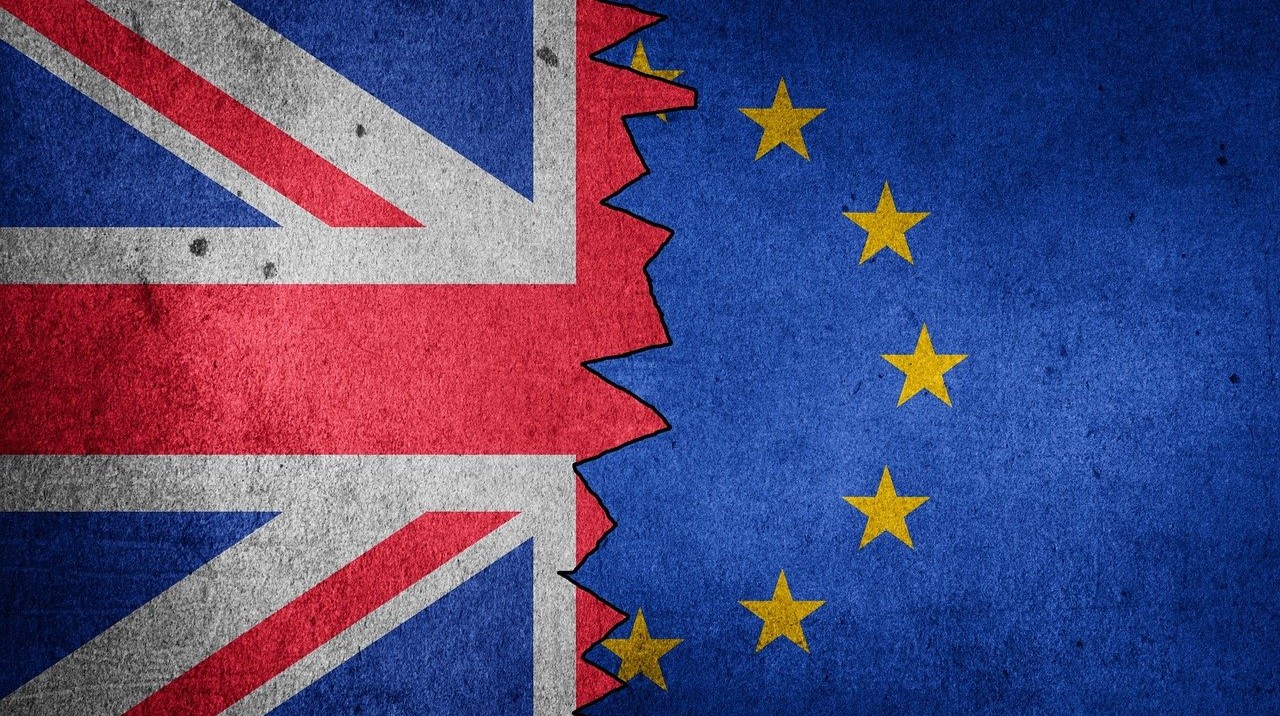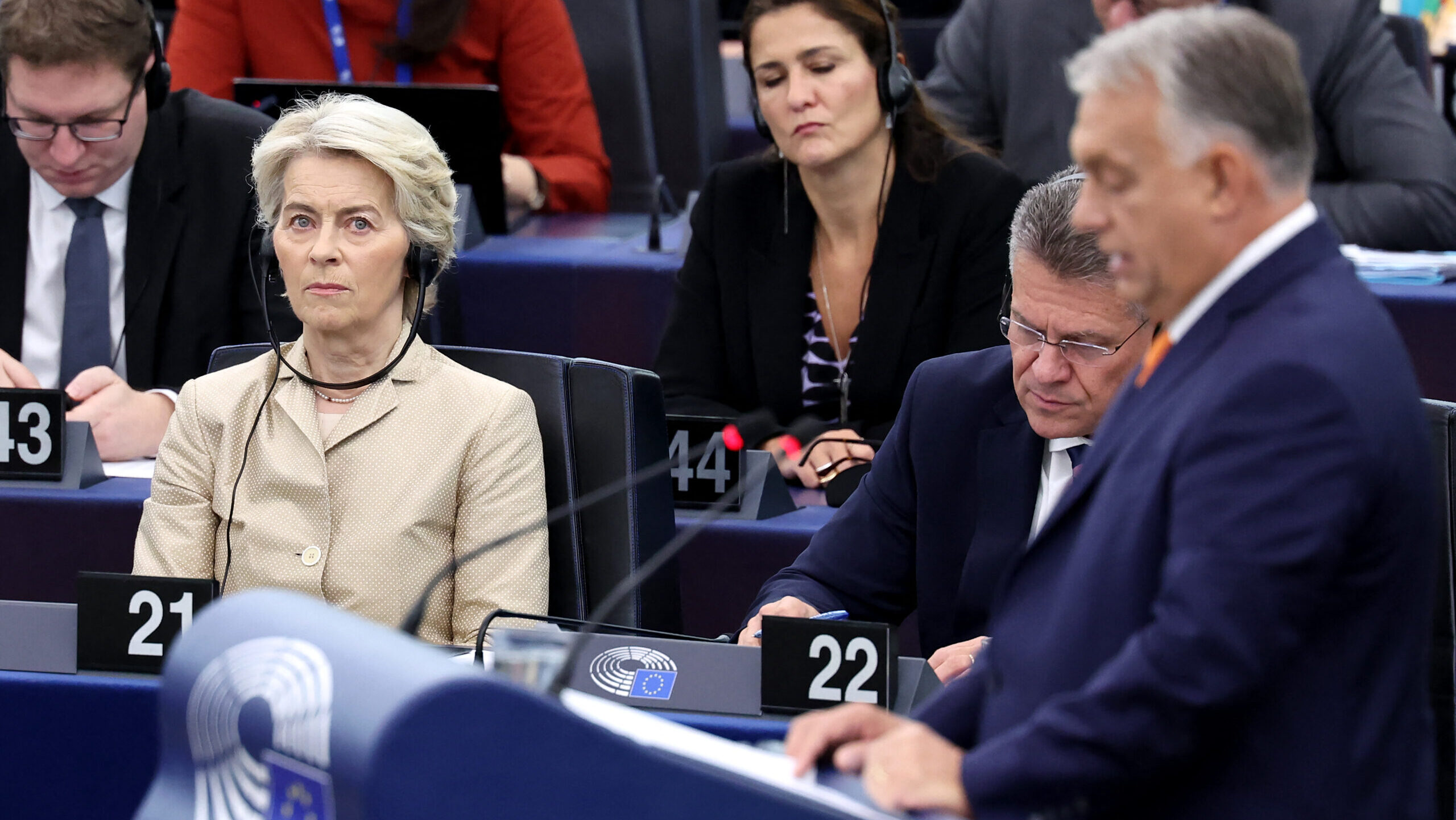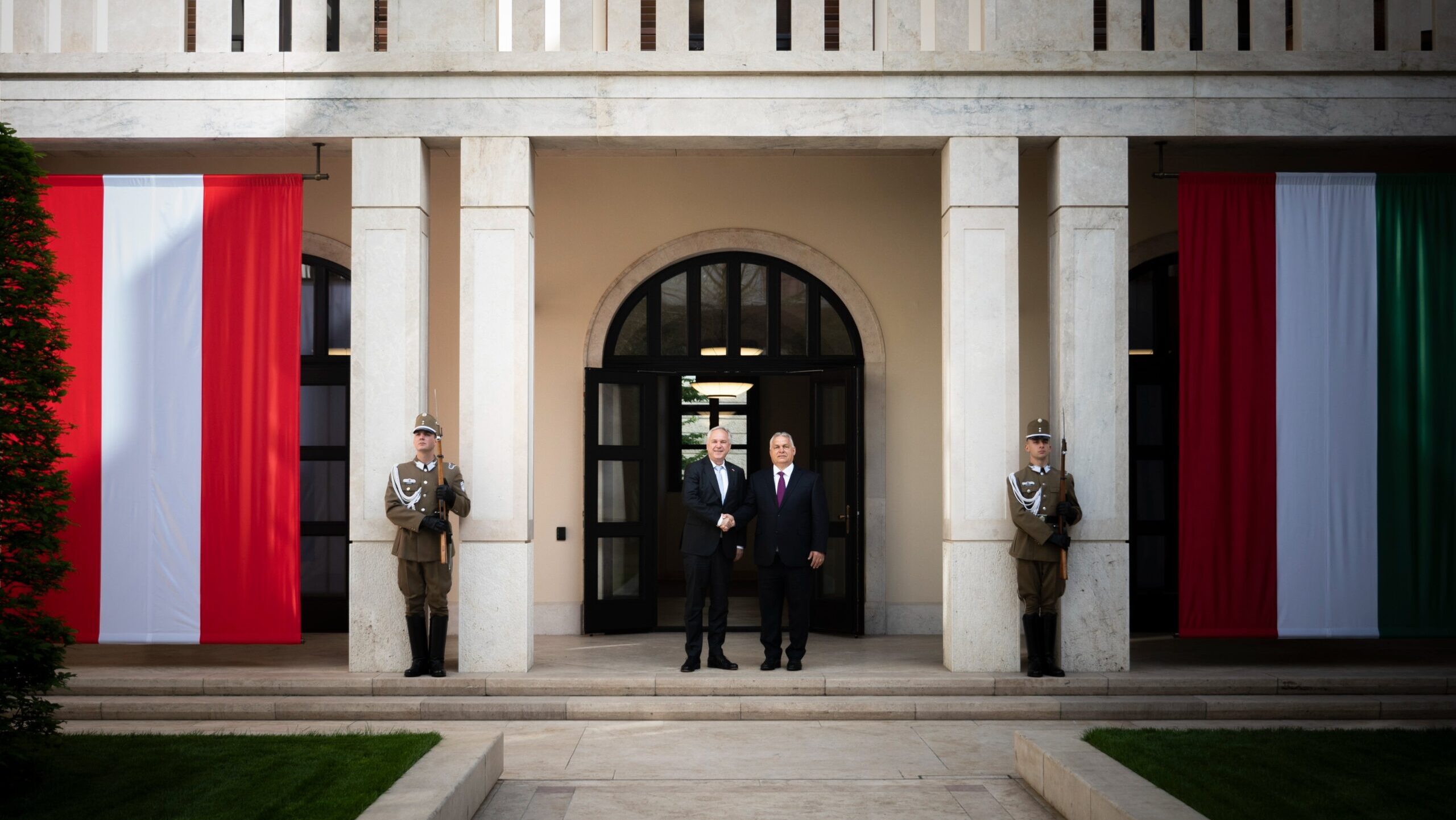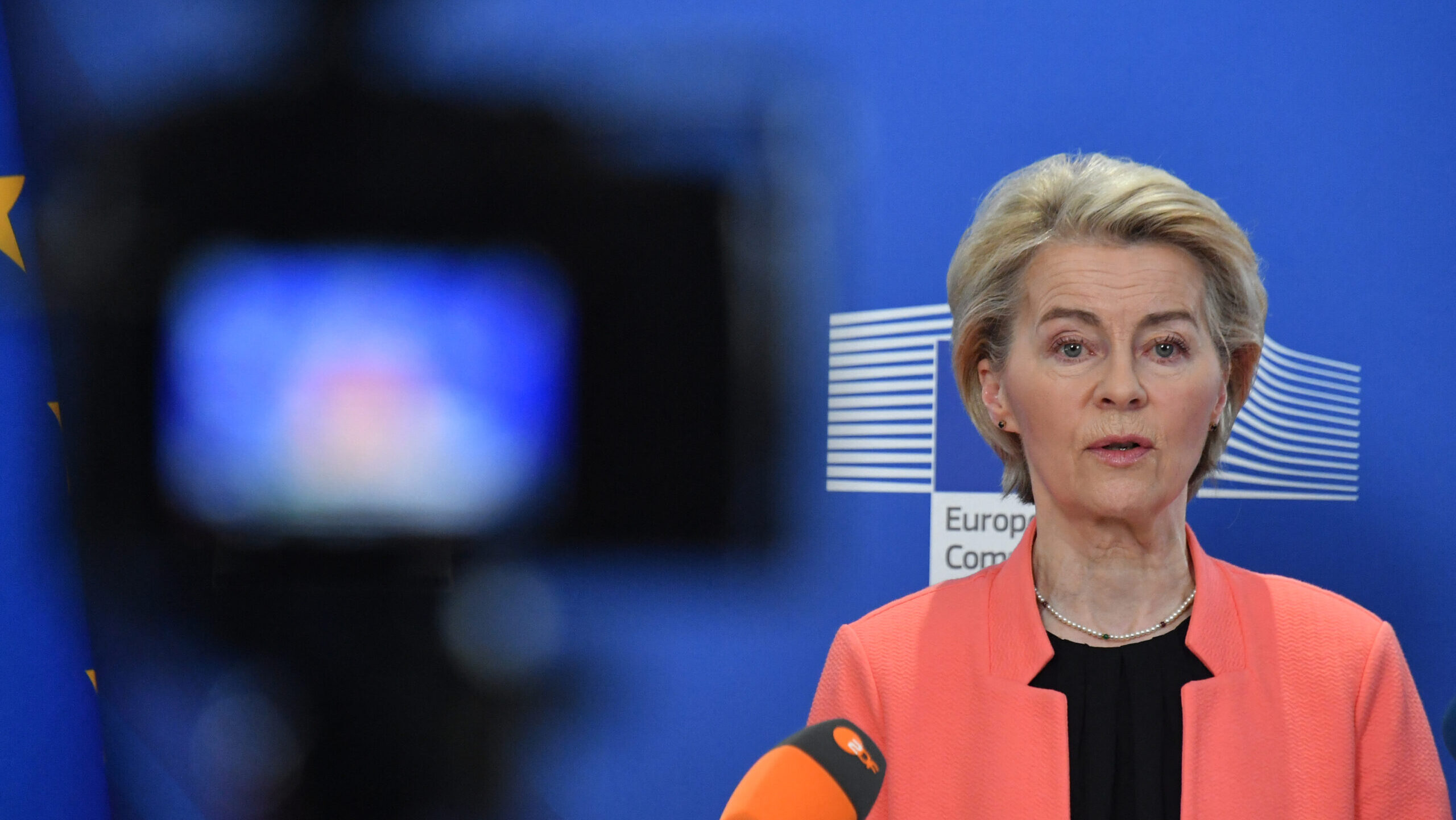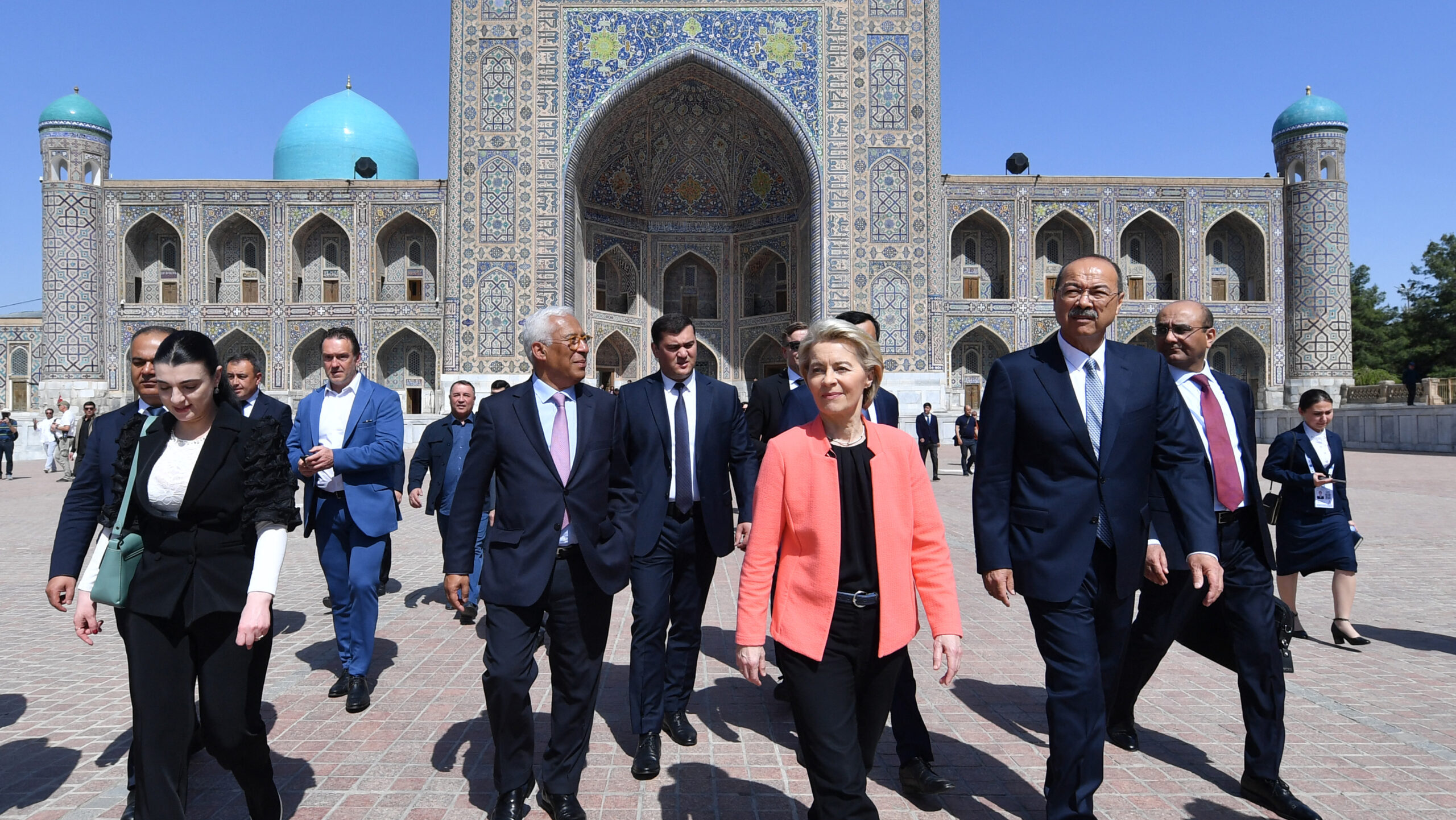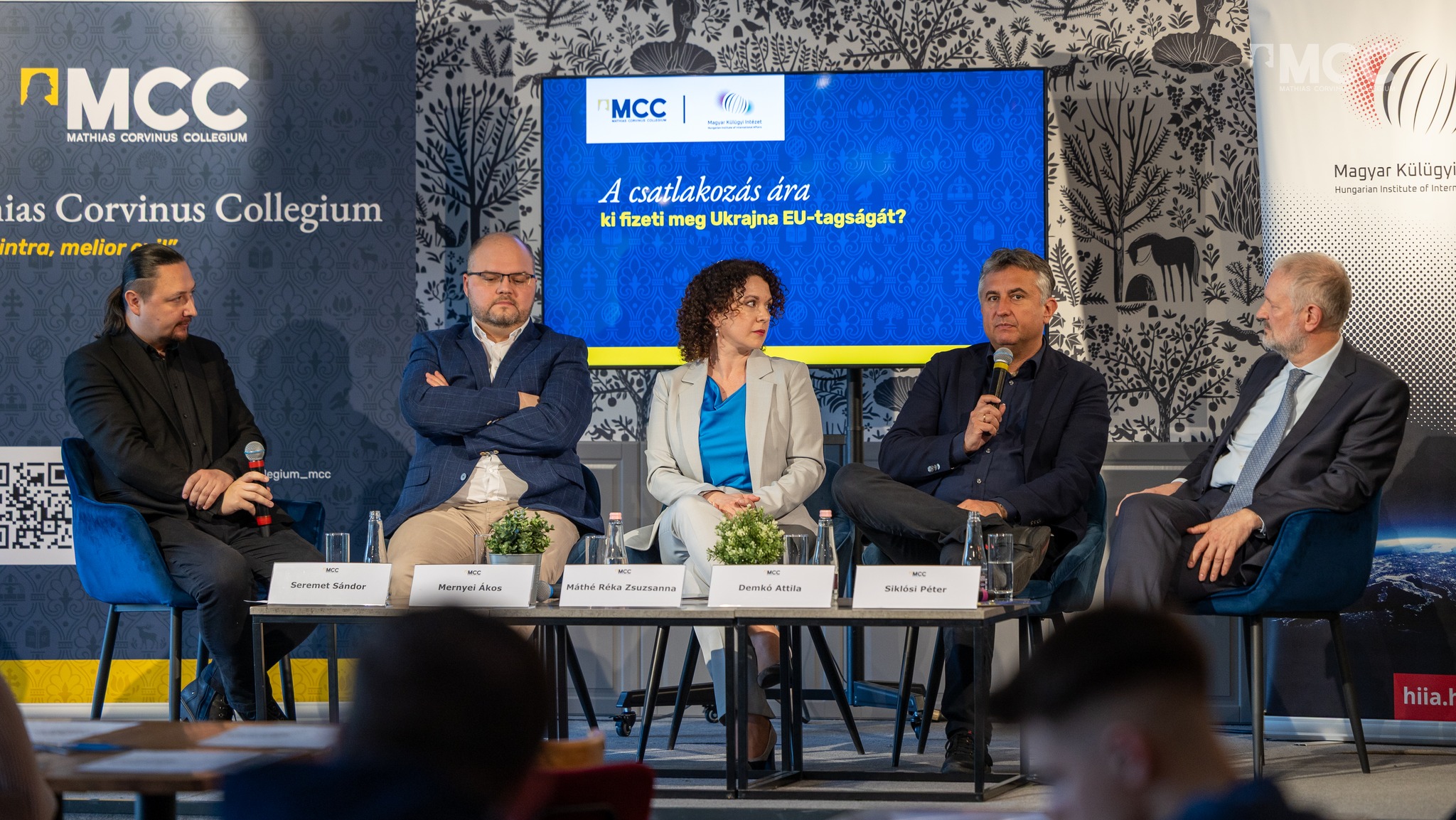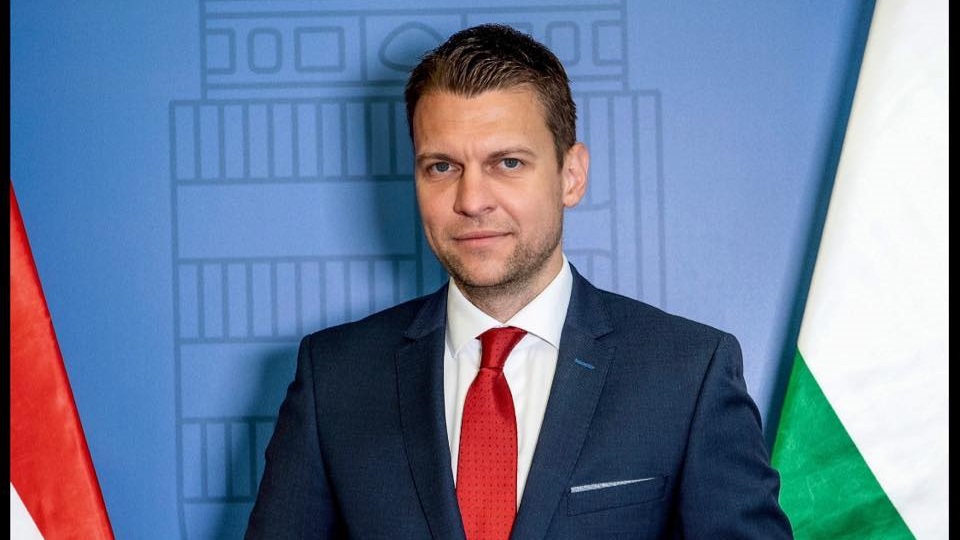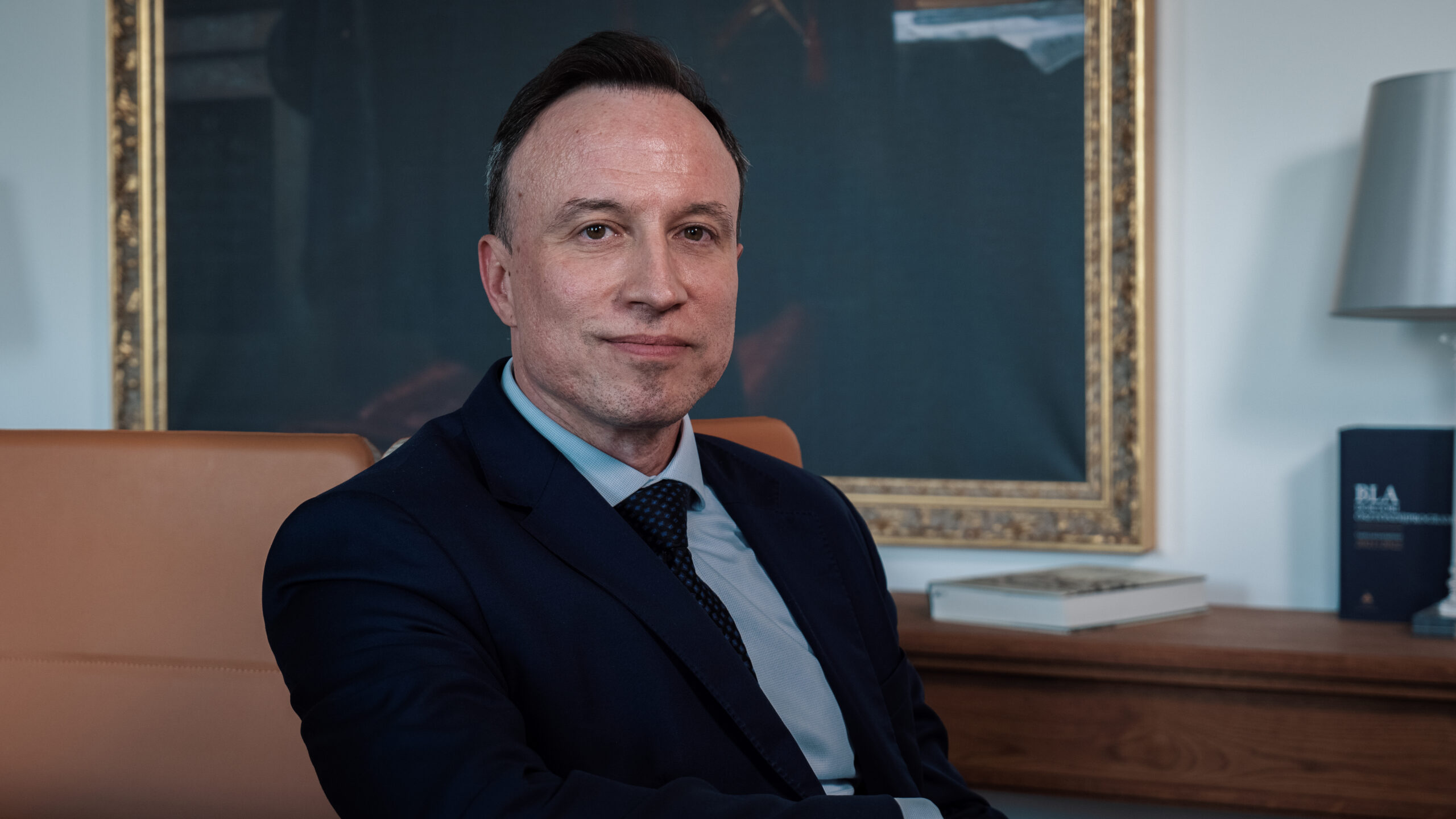
Richter Set to Lead Europe in Gynaecology — An Interview with CEO Gábor Orbán
‘We can already assert with confidence that by the end of the decade, Richter is well positioned to become the leading gynaecological company in Europe,’ Gábor Orbán stated in an interview with Hungarian Conservative. The CEO of Gedeon Richter, the Hungary-based pharmaceutical giant, discussed the company’s successes in the US and global markets, as well as its future plans.

